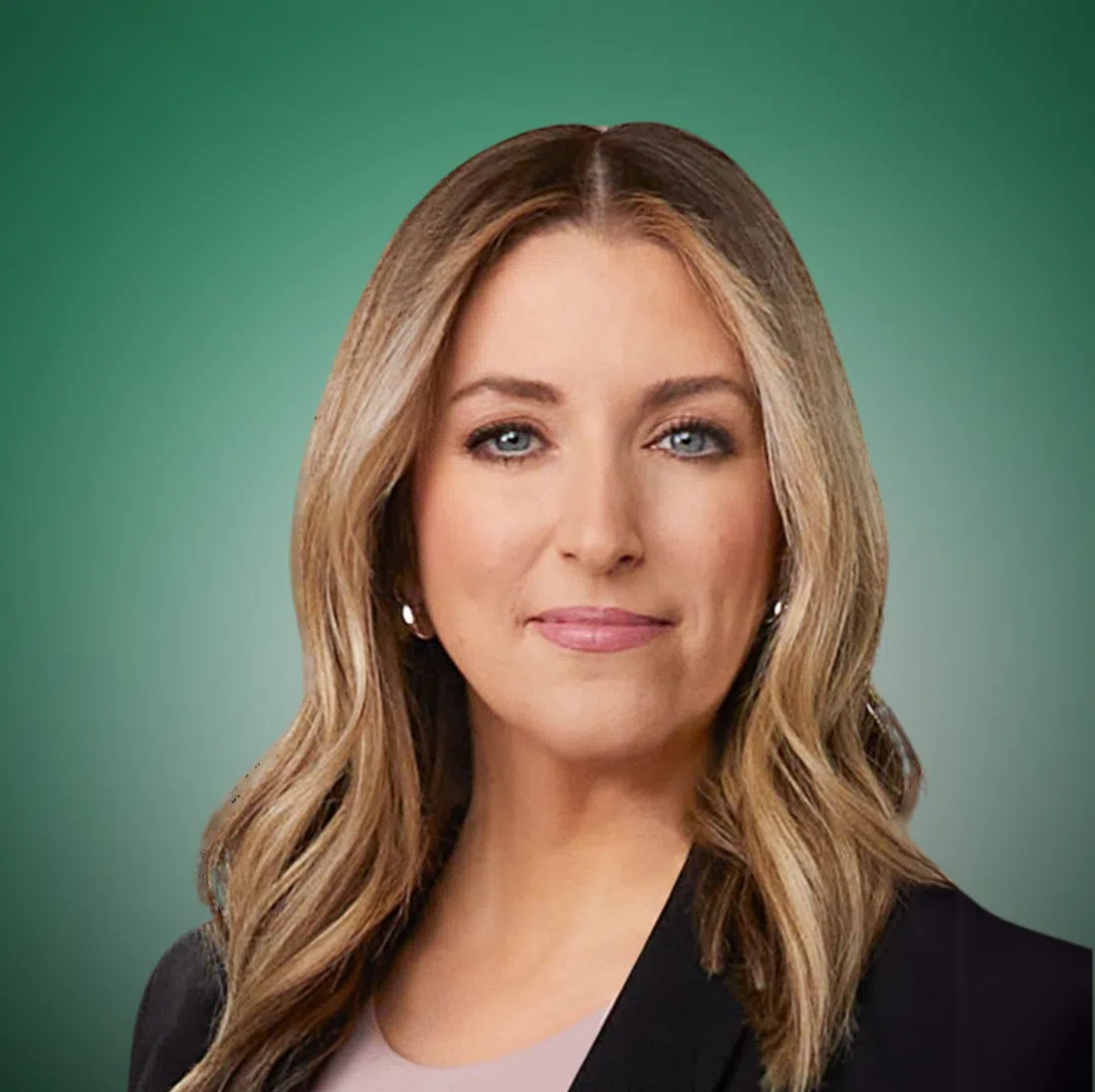TORONTO — The Ontario government is proposing to push through a bill that would close 10 supervised consumption sites without holding any public hearings, a move advocates and opposition critics say is anti-democratic.
The legislation seeks to prohibit and close any drug-consumption sites that are within 200 metres of a school or daycare, and effectively prohibit any new sites from opening.
In their place, the government is launching 19 new “homelessness and addiction recovery treatment hubs” plus 375 highly supportive housing units at a planned cost of $378 million.
Government house leader Steve Clark has put forward a motion that would see the bill go straight from second reading to third reading, bypassing the committee stage that normally includes public hearings and consideration of amendments.
Health Minister Sylvia Jones made the consumption-site announcement back in August, and now the government needs to get the bill through, Clark said.
“I sat here a couple of weeks ago and told you that I’d be using time allocation on some of the government’s bills,” Clark said after question period. “This is a government bill we need to get passed.”
The bill is one of a number of pieces of legislation the government is fast-tracking, which is fuelling speculation of a provincial election earlier than the set June 2026 date.
In addition to limiting debate time in the legislature on the bills, the government has for some of them either curtailed or entirely skipped the committee stage, in which organizations and members of the public speak about how a bill will affect them. A divisive bill that would prohibit and remove certain bike lanes had one day of public hearings.
Lorraine Lam, an outreach worker in downtown Toronto, said Premier Doug Ford appears to be basing his government’s consumption-site legislation purely on the opinions of the sites’ opponents.
“I think it says a lot that he’s not willing to hear the public opinions about what this decision is going to mean for so many people,” she said.
“I think if he did open this up for public hearings … the pushback would be huge.”
Ford has often talked about hearing from people who are concerned about needles and drug use in communities near supervised consumption sites, particularly those near schools or daycares.
Lam said Ford’s framing of the issue as moving from supervised consumption to a rehabilitation focus is a “false binary,” saying those services can exist alongside consumption sites that save drug users’ lives.
“If anything, now he’s going to displace drug users into places that are public spaces like bus shelters, libraries and parks,” she said.
Liberal health critic Adil Shamji said it is incumbent upon legislators to consider all aspects of such an important policy.
“This, if executed poorly, will lead to very dangerous and deadly consequences,” he said.
“So we owe it to the democratic process, to the people of Ontario, to the families who have been impacted by people suffering from mental-health and addictions challenges, to look at this legislation carefully, weigh it on its own merits and get as much feedback as we can so that we make the right decision, not the politically expedient one.”
NDP Leader Marit Stiles said the government seems focused on finishing the legislative session as quickly as possible.
“They want to get out of here as fast as they can — they don’t want to hear from the experts, they don’t want to hear from the people who actually are on the front line, and they don’t want to hear from the people who are most impacted,” she said.
“We’re not talking about weeks and months. We’re talking about a few days of consultations, and they’re not even providing that.”
This report by The Canadian Press was first published Nov. 26, 2024.
Allison Jones, The Canadian Press











